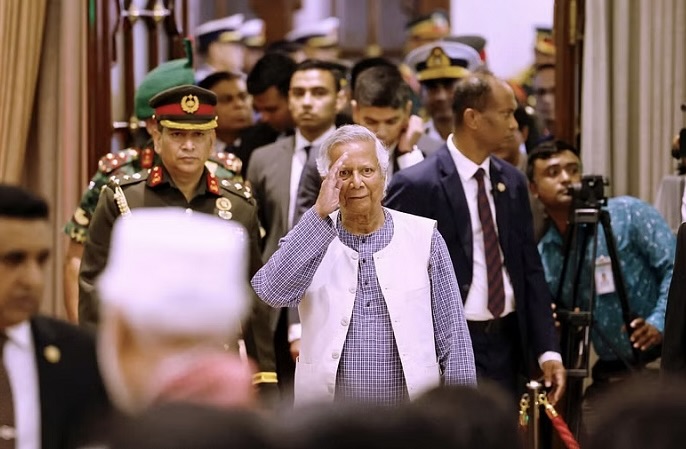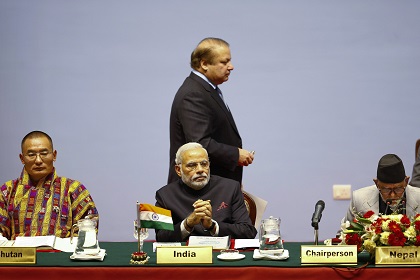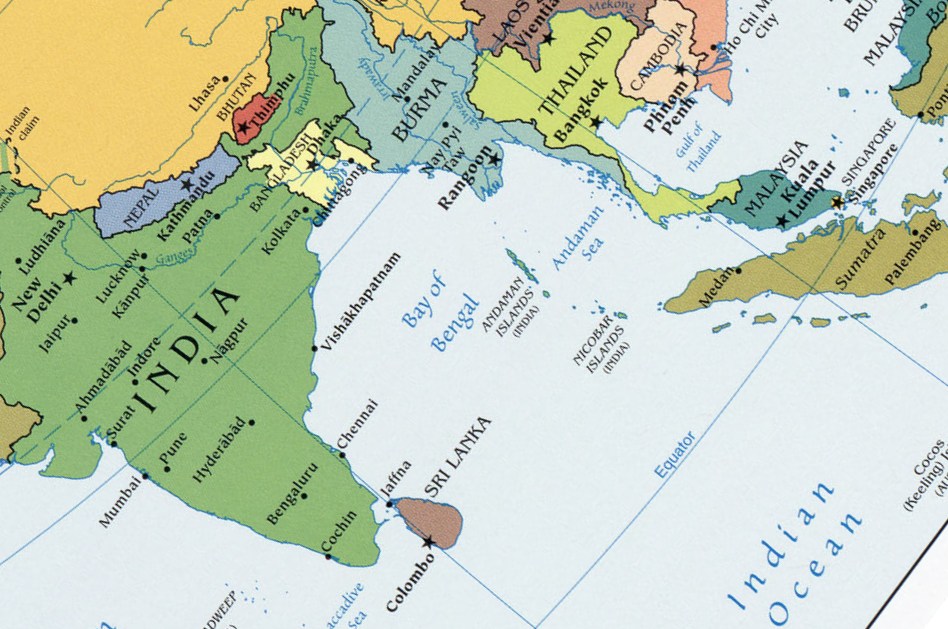Bangladesh, without energy
On October 31, Adani Power halved the electricity supply to Bangladesh, owing to outstanding dues. Bangladesh’s already weak economy has become worse under the new regime, with the country running short of funds to pay for imports of fuel and electricity.










